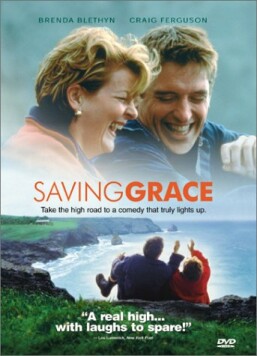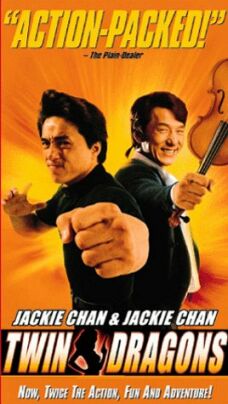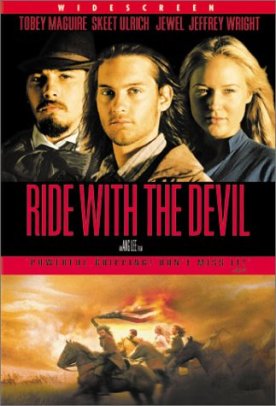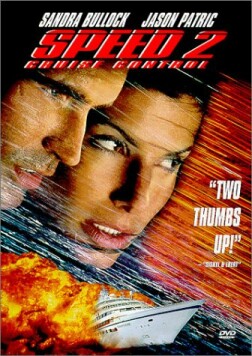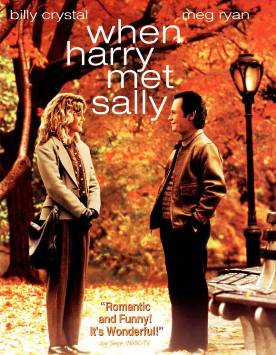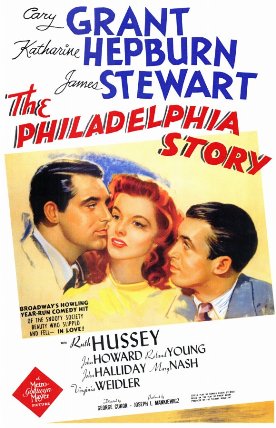Persons of Interest
One of the many manifestations of “the arts” timed to coincide with the Republican convention this week was called Guantanamo: Honor Bound to Defend Freedom — a title pretty obviously meant to be ironical and satirical — and consists entirely of verbatim transcripts of the words of terror suspects in the Cuban detention center. Perhaps not surprisingly, they’re all innocent and were only arrested by mistake. And, of course, by a monstrous breach of America’s constitutional protections of our civil liberties. It takes a kind of credulity we are regrettably not short of these days so liberally to offer the presumption of innocence to these suspects and withhold it from our elected officials, but that’s what it means now, I guess, to be an intellectual.
The same assumptions have given birth to Persons of Interest by Alison Maclean and Tobias Perse. On a minimalist set consisting of blank white walls, a tall window and a single bench in the middle of the floor, twelve people from Arab and other Islamic countries who were arrested in the aftermath of the 9/11 attacks, or their families, tell their stories. According to its publicity material, Persons of Interest “gives voice to the human cost of the U.S. government’s anti-terrorism campaign,” which is true enough. But — call me a cynic if you will — what about the human cost no anti-terrorism campaign?
Oh yeah. We’ve already seen that already, haven’t we? Remember those people doing swan dives off the 104th floor of the World Trade Center? That was the human cost of having no anti-terrorism campaign. So then, let’s balance one human cost against another. One of these victims of John Ashcroft’s Gestapo is said to have spent 105 days in jail, another 21 days, another 60 and one a whole year and seven days. Some were deported, or saw their loved ones deported. None — at least so far as the film has to show — have been killed. So let’s see, then. We can add it up. There were 2,823 dead at Ground Zero, another 189 at the Pentagon and 45 in the field in Shanksville, Pennsylvania, which makes for a grand total of — whirr, click, ca-ching — 3,057. That’s the cost of the no anti-terrorism campaign.
Cost of the domestic anti-terrorism campaign in numbers of dead: 0.
I’d say we’ve got a pretty good bargain there.
Of course this is not to deny that innocent people have suffered, or even that all of the sufferers shown to us by Alison Maclean and Tobias Perse in Persons of Interest are innocent. They may well be. The problem lies with the film’s presumption that their innocence must be taken as a reproach to John Ashcroft and the Bush administration who arrested them. But why, unless we are in thrall to some Michael Mooreish sort of paranoia, should we suppose that Ashcroft and Co. would not have preferred to arrest only guilty people? Who is so naïve as to believe that that is remotely possible? And, if it’s not, why are we supposed to be outraged at the actions of the government for arresting among the terror suspects, when we knew there were terror suspects to be arrested, a few innocents?
Perhaps it would have been more humane to put all Muslims in concentration camps, as the liberal icon Franklin D. Roosevelt did with Japanese-Americans during World War II. At least that way families would have been able to stay together. But, failing that, it’s hard to see what the film-makers would have had the administration do instead. They take no account of the fact that in time of war, then as now, we do not have the luxury of detaining only those whose cases are susceptible to a judicial standard of proof. Civil liberties have always been curtailed in times of national emergency — usually much more than they have been in this one — and innocent people have been hurt. But as in other areas of the present conflict, fewer innocent people have been hurt than during any other war in history.
Ashcroft himself appears at intervals during the victims’ narrations in clips from various public statements he has made justifying the Patriot Act and other measures the Justice Department has taken to hunt down terrorists. In one of them he appeals for “honest, reasoned debate, not fear-mongering” and against those who would “scare honest people with phantoms of lost liberty.” The film makes no comment but obviously intends such words to amount to a self-condemnation. Yet surely he has a point? The film-makers’ adopt the Michael Moore approach of concentrating entirely on the costs of war while ignoring completely the reasons for it. By thus pretending that there is no reason — just as Moore pretends that Iraq before the invasion was a place of idyllic peace and happiness — or that anti-terrorism measures are merely arbitrary, cruel and pointless, they undoubtedly do benefit the terrorists who seek to hide among the innocent. Or, as John Ashcroft puts it, they “give ammunition to America’s enemies and pause to America’s friends.” However unattractive the film manages to make him look, it doesn’t affect the truth of what he says.
Discover more from James Bowman
Subscribe to get the latest posts to your email.



